Scott Anderson1 Samuel 17:57-18:5, 10-16 † Psalm 133 † 2 Corinthians 6:1-13 † Mark 4:35-41 You can view a video recording of this sermon here. I had never before noticed the cushion. Did you catch it? Jesus was in the back of the boat, asleep on the cushion before they woke him up. That’s a peculiar detail that is included only in Mark. I mean, what are we talking about here? Was it some kind of flotation device or seat pad? Maybe it was something more practical for the skipper. I mean, how luxurious was this setup?
I did have to laugh though when I read this detail in my research: “… it is important to avoid a translation which would suggest that Jesus was so small or coiled up as to be able to sleep on a single pillow.”[i]
0 Comments
Scott AndersonGenesis 9:8-17 † Psalm 25:1-10 † 1 Peter 3:18-22 † Mark 1:9-15 A video version of this sermon can be found here. Here’s a pro tip for you. When it comes to learning, repetition is less important than struggle. This is the insight of what is known as the generation effect according to David Epstein in his book Range. Struggling to generate an answer on your own, even a wrong one, enhances subsequent learning.[i] It helps learning over the long-term in at least two ways—it makes it stick and it enhances our ability to apply our learning broadly. The struggle—doing the work—is the key. Epstein explains, “for learning that is both durable (it sticks) and flexible (it can be applied broadly), fast and easy is precisely the problem.”[ii]
Scott AndersonIsaiah 40:21-31 † Psalm 147 † 1 Corinthians 9:16-23 † Mark 1:29-39
A video version can be found here. I need this word today. I need a reminder that this life, this faith, this God is so much bigger than I can imagine and even hope for. Over the years as I monitor the ebb and flow of my own faith, I’ve noted that moments in which it feels—to me, at least—that we are coming out of crisis into something that seems heavier with possibility, my own emotional well-being seems to move in the opposite direction. I struggle more. Doubt more. I wonder how it works for you. So I need this good word today. I need Isaiah’s rhetorical flourish: 21Have you not known? Have you not heard? Has it not been told you from the beginning? Have you not understood from the foundations of the earth? Isaiah just piles it on, inundates us with reminders of what should be obvious to any of us who have paid much attention, who have taken the time to stop and pray as Jesus does in the midst of the swirl of activity and demand. Scott AndersonIsaiah 5:1-7 † Psalm 80:7-15 † Philippians 3:4b-14 † Matthew 21:33-46
Long before our country was founded, this land belonged to the many indigenous tribes who had lived here for thousands of years. The tribes had their own customs and laws. They were deeply connected to the land and maintained rich wisdom traditions that were lost on the Europeans who came to conquer and colonize to sow a trail of tears through the continent. It is also true, of course, that even before European colonization, they fought one another. They were not unfamiliar with the cycles of violence we often find ourselves trapped in. One of the reasons for the constant conflict was a practice known as “mourning wars.” Tribal people had come to believe that the only way they could ease their pain when someone they loved was killed was to return like for like, to take revenge—to kill people from the offending tribe. Scott AndersonEzekiel 18:1-4, 25-32 † Psalm 25:1-9 † Philippians 2:1-13 † Matthew 21:23-32 Some of the most striking painted rock art in the world is found in the sea caves of Norway’s western coastline. They are located in wild, remote, Arctic areas where peaks plunge into the ocean, hammered by ice and wave actions over millennia. There are twelve such painted caves, containing around 170 simple stick figures, arms and legs stretched wide as if they are dancing or leaping. These are different that the far more common petroglyphs which have been carved into rock here and throughout the world by the ancients. These are paintings, made using iron oxide pigment, daubed using fingers or brushes some two to three thousand years ago by Bronze Age hunter-gatherer-fisher people who made their lives along an isolated coastline. The art that they made was preserved in remote caves in wild places. Scott Anderson1 Kings 19:9-18 † Psalm 85:8-13 † Romans 10:5-15 † Matthew 14:22-33
*A video form of this sermon can be found here or you can see the entire liturgy here. In the Fishlake National Forest, on the western edge of the Colorado Plateau there is a colony of quaking Aspen that is an estimated 80,000 years old. Now, were you walking in the midst of it right now rather than listening to me, it would not be readily apparent. There is no tree in the grove that is anywhere near that age. Cut one down and you might count 80 rings, 80 seasons of growth. Maybe more. Maybe less.[i] But underground, the eighty-year-old trunks are 80,000, a 100,000 years-old if they are a day. Some scientists think even this is a huge undercount, suggesting the forest has been around for the better part of a million years. Every tree here has sprouted from a rhizome mass too old to date even to the nearest hundred millennia, they say. Maggie Breen Exodus 19:2-8a † Psalm 100 † Romans 5:1-8 † Matthew 9:35-10:8 (9-23)
A video version of this sermon can be found here. These are the names of the twelve apostles: first, Simon, also known as Peter, and his brother Andrew; James son of Zebedee, and his brother John; 3 Philip and Bartholomew; Thomas and Matthew the tax collector; James son of Alphaeus, and Thaddaeus; 4 Simon the Cananaean, and Judas Iscariot, the one who betrayed him. Ordinary people. Middle eastern men compelled by the words and the actions of Jesus. Something happens when we say a person’s name. We remember their humanity. Perhaps it’s the names of people we have placed on a pedestal: Andrew, James, Mary, Tabitha. We say their names and we remember – human just like us. Perhaps it’s the names of people brutalized: Emmett, Trayvon, George, Charlene. We say their names and we remember – human just like us. Human with gifts and hopes. Humans: beloved of God. There is a phrase in this week’s gospel that with some other phrases in these sacred texts have been used by Christians over time to set humans apart. Scott AndersonJeremiah 31:16 † Psalm 118:1-2, 14-24 † Acts 1:34-43 † Matthew 28:1-10
Two phrases catch my attention in these days of pandemic and social isolating. Two phrases seem especially relevant as we find ourselves a month into a disruptive reality most of us have never experienced before. The first is this: “Do not be afraid.” It is the message given by the angel—an other-worldly being who apparently looks like lightning in a jacket of snow and shows up just as a massive earthquake hits. Just to the side you have a couple of military guards laying there, by all appearances dead. I mean, the advice sounds a little unnecessary, doesn’t it? What could they possible be afraid of? Scott AndersonGenesis 1:1-2:4a † Response Psalm 136:1-9, 23-26 † Exodus 14:10-31; 15:20-21 † Response Exodus 15:1b-13, 17-18 † Isaiah 55:1-11 † Response Isaiah 12:2-6 † Ezekiel 36:24-28 † Response Psalm 42:1-11 and 43:1-5 † John 20:1-18
Do you remember now? Do you see that this age, this time, these struggles are no match for the Holy who moves and lives and breathes and thunders both within us and far beyond our human reach? We kept it short tonight—I know, that may surprise you! There are so many more stories that speak of possibility when only threat is visible, of light when it is still dark, of hope when all around us injustice and struggle are so apparent. The thing is we have been this way before. Many times! And by we, I mean this ragtag, imperfect, stiff-necked and selfish human history of which we are part and parcel. They is us. And we are them. Scott AndersonIf you haven’t already, you may want to get to know these faces. These are neighbors of ours, young Americans predominantly from the northwest, with others scattered throughout the country. They range in age from 10 years-old to their mid-twenties. And they are suing the federal government for knowingly causing climate change and violating their constitutional rights. They are litigants of the youth climate lawsuit known as Juliana v. United States.
Their complaint asserts that, through the government’s affirmative actions that cause climate change, it has violated the youngest generation’s constitutional rights to life, liberty, and property, as well as failed to protect essential public trust resources. The constitutional climate lawsuit was originally filed in Oregon in 2015 and has been making its way through the court system. The expectation is that the lawsuit will finally go to trial late this year, although that could change given the considerable resistance it has received from the federal government and corporate interests throughout the process. |
St. Andrew SermonsCategories
All
|
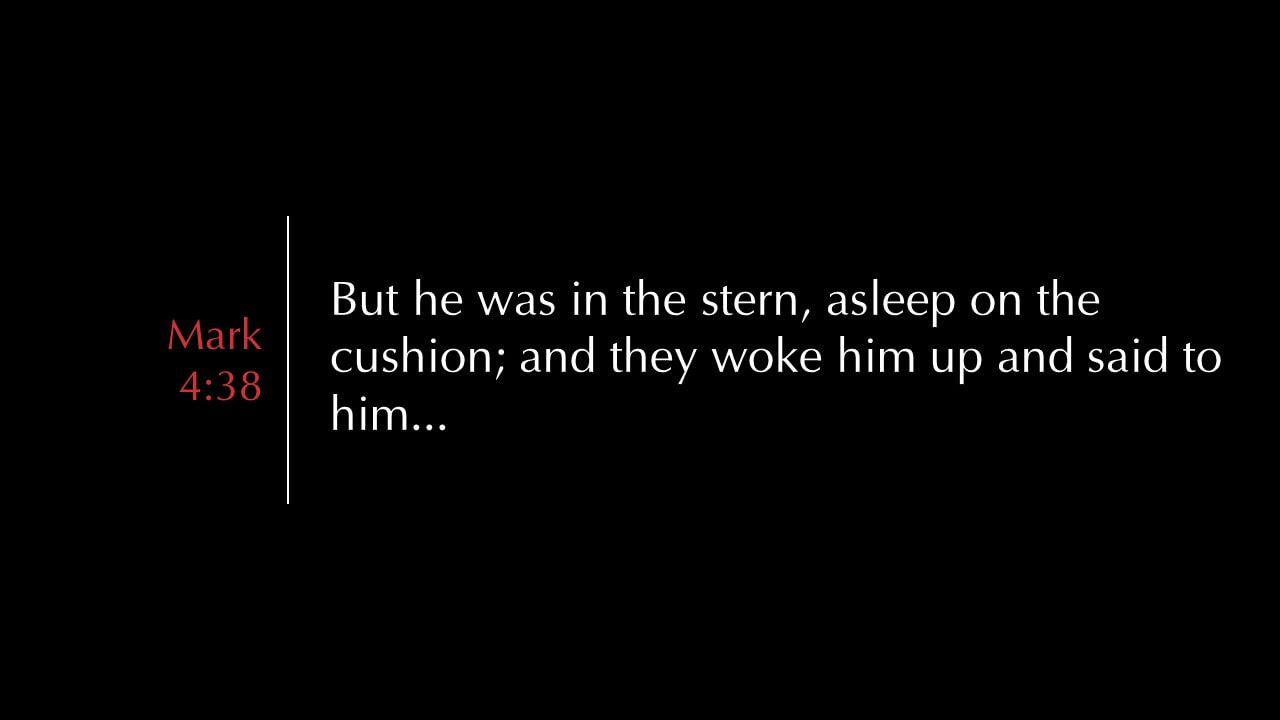
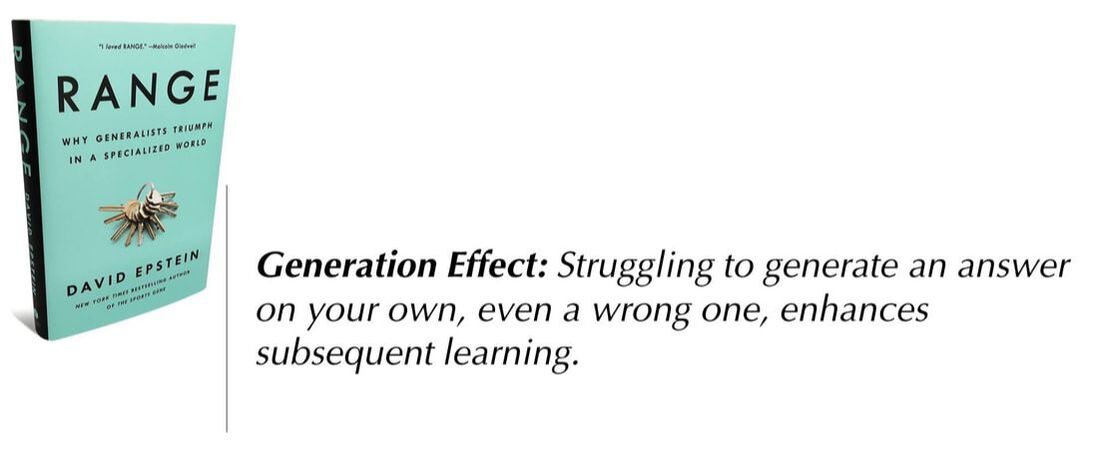
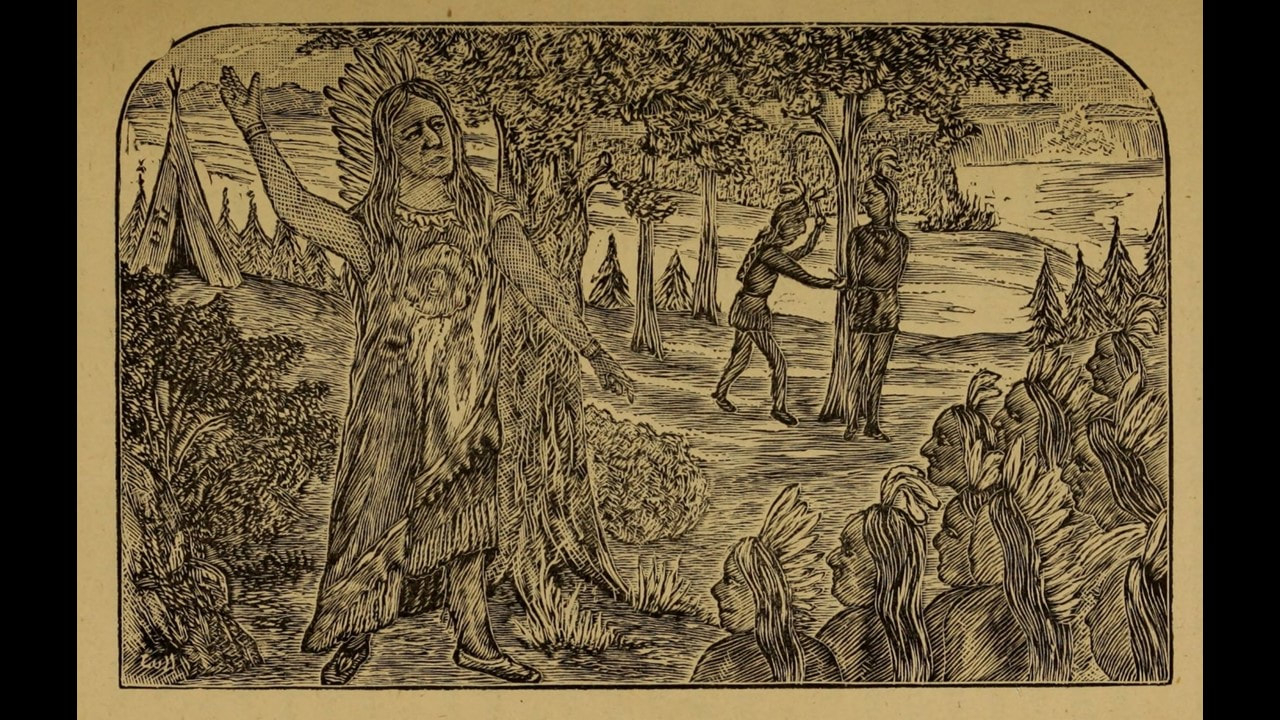
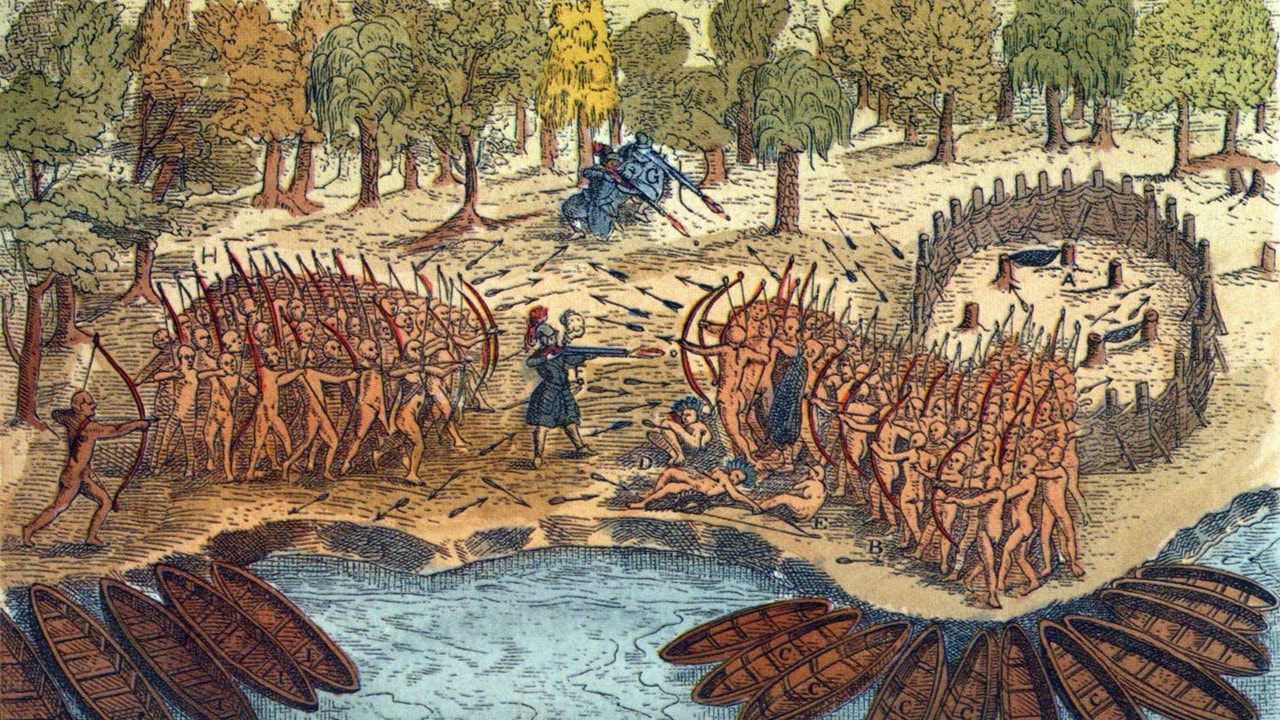



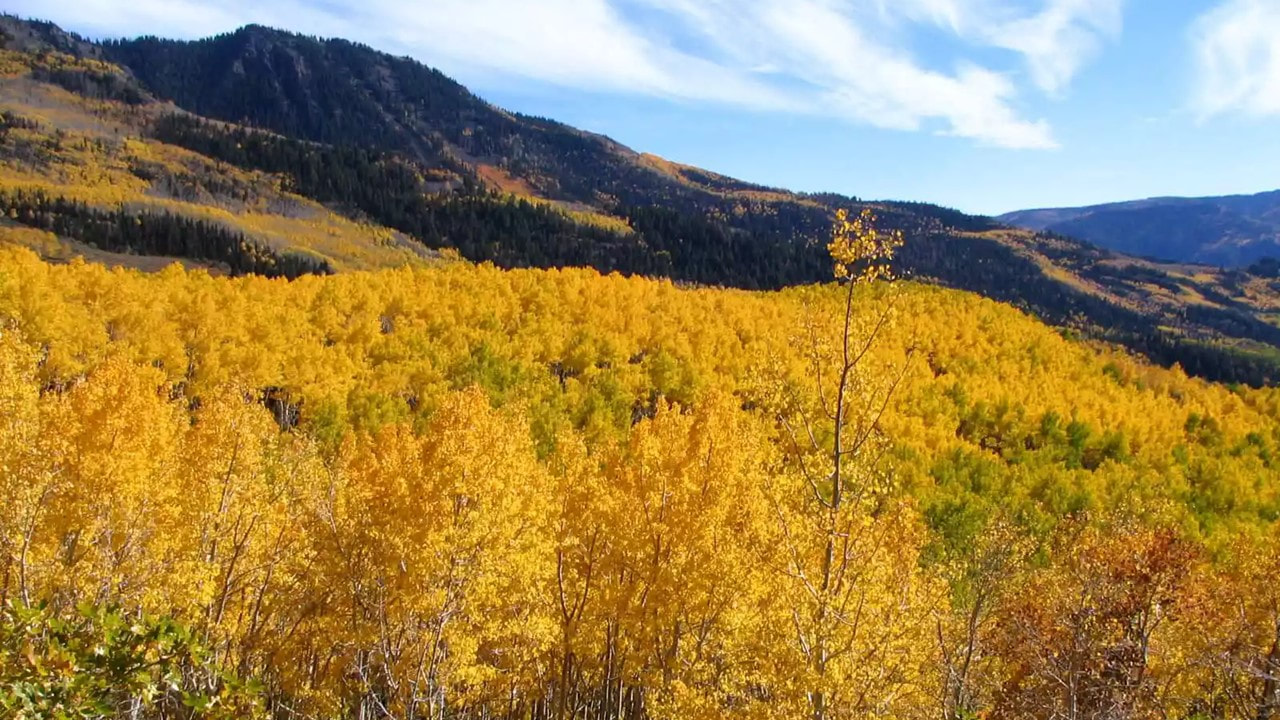

 RSS Feed
RSS Feed